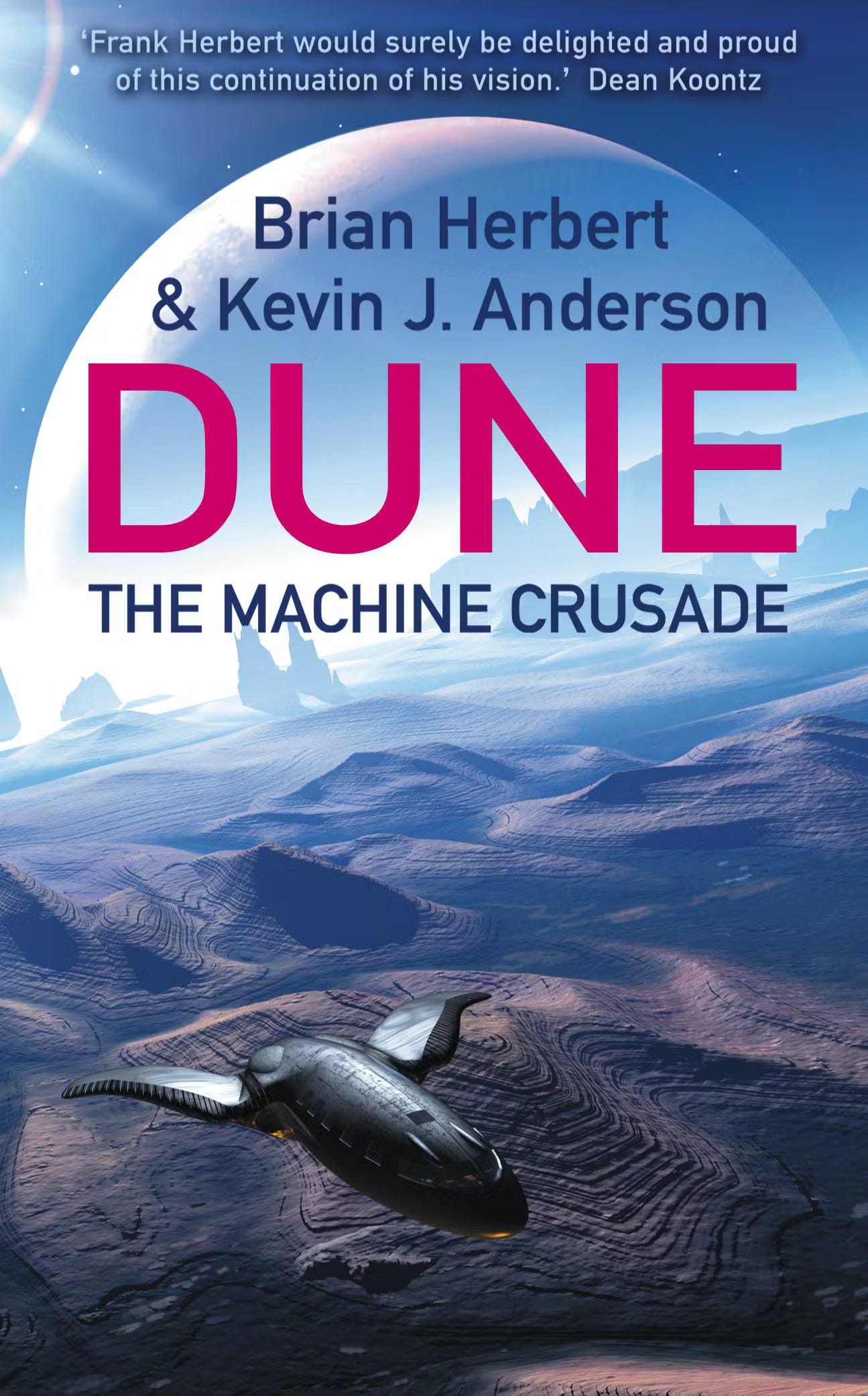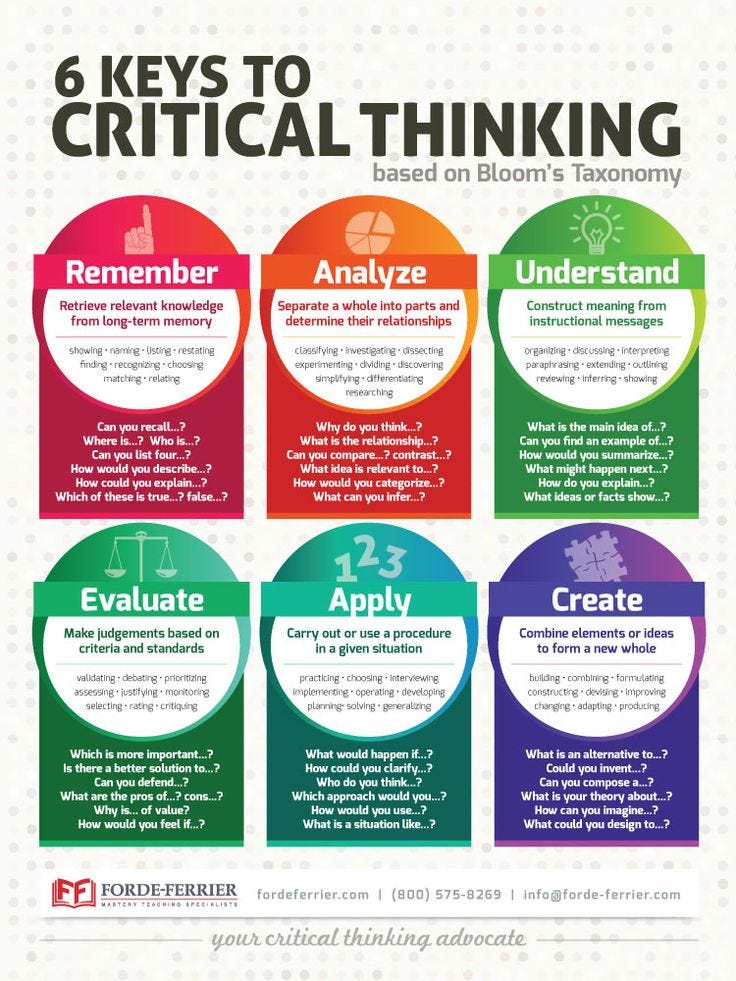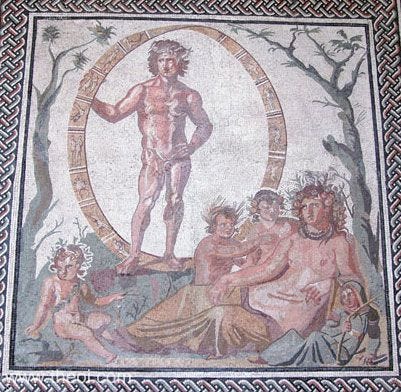The Zodiac, AI, and Gnosticism
Plus The Matrix and the letter "J"
Well, the past couple days have been a learning experience like none other. Who would have thought that starting with the Zodiac I would end up learning about Gnosticism via the Greek texts and then have a revelation about Zodiac leading to AI leading to The Matrix? I will connect the dots, rest assured.
It all started with the word Jupiter.
I always thought the word sounded foolish - Juu-piter. Piter coming to my mind as a German name, Peter, which means rock. So then, the most powerful planet, the most powerful heavenly deity would be called Juu-piter just did not feel right.
Being that I had just put a flyer for Greek Independence Day on March 25th, I realized that isn’t the original name for that huge dominate star, that would be Zeus.
That immediately got me to analyzing why exactly the Romans renamed all the Gods, how could you even do that? Pay no attention to contrite smart-sounding internet jockeys, the Romans totally reclassified Greek Gods, it’s extremely obvious! Then proceeded to give us a calendar and the Vaticon on top of that? What immense control!
So, I started at the beginning, the letter “J” and boy have a jot a whopper of a tale there for you. You can read the whole thing yourself but if you want to streamline here, I’ll go over the sex, lies, and videotape quickly.
The letter “J” didn’t exist until 1524, started out as a Roman Numeral terminator, was the last letter added to the alphabet, transitioned from an “I” with typescript embellishment to become a whole new letter “J”, and was invented to transform the name of the the Biblical Son Of God, soft “I” or “Y” sounding Iesus/Iesu to become a totally different sounding word, Geesus.
Take a moment for the massive wave of incredulity and astonishment to pass and then fold in your owns conclusion about these facts, as I did, paying particular attention to “Apply” questions. What would have happened if “J” was never invented?
Whew, ok.
If you would like to make a mental note of what this means to you of how today’s people call to the Christian Son of God could not possibly have been the same sound when used at the time, go ahead, because we must drive forward into how an entire Pantheon of Gods who also got their names, personas, and abilities, completely and literally rewritten as well.
The question is why would they do that? Always the most important of the Five Ws — Who, What, Where, When and Why.
Going back to Jupiter.
G-zeus this is gonna be wyrd. When the Latins superseded the Greek Pantheon that had created a tremendous, smart and civil society that had some of the greatest thinkers of all time they didn’t transliterate or transform the Greek Gods with any kind of consistency.
When we think of Romans we think of Law, Roads, and Fighting. When we think of Hellenist Greece we think of Democracy, Philosophy, and Olympics. This in itself helps to answer why.
Sometimes the god name stayed the same like with Nemesis. Sometimes the God name stayed the same like Apollo, to only get renamed later, like Phoebus. Sometimes the Romans made a new god like Janus, and sometimes they ascribed influences of abilities the original Greek one didn’t have.
Aphrodite was very lustful whereas not only was Venus more matronly she also gained from who-knows-where the influences of good luck and peace!
Just a bit more on this sub-topic and we’ll soon delve into the Gnostic connection. Greek gods were extremely consistent and almost never changed however the Romans constantly changed names, abilities, influences and even relationships of one god to another. The best example I found so far is Luna-Selene-Moon. Luna was nearly superseded in practice by Diana, Goddess of the Hunt and was thought yet not known to be a counterpart to Sol whereas Selene was definitely the sultry sister of Helios.
Look how far the Romans took this whole thing. What does this male picture remind you of?
All right, we’re now real deep into stolen Gods and now we must hit a nasty fulcrum before the transition: Gnostic Christianity.
Now see, if you search this term on pampered, insulated, egomaniac, information warlord, technocratic vampire, search indices you’ll get search results that say Gnostic Christianity is a heretical oxymoron. Let us not be assuaged by technocratic vampires and remember that the letter “J” didn’t exist until 1524 so now they have cajoled billions to say “Jesus” several times a day.
Instead we’ll get an astute archaeological view and just read this article real fast (2), stop using extremely censored and political Archive.org, donate to archive.is, save your best website to archive.is while you’re at it!… and come back so we can build into our crux of the transition, none other than Khronos.

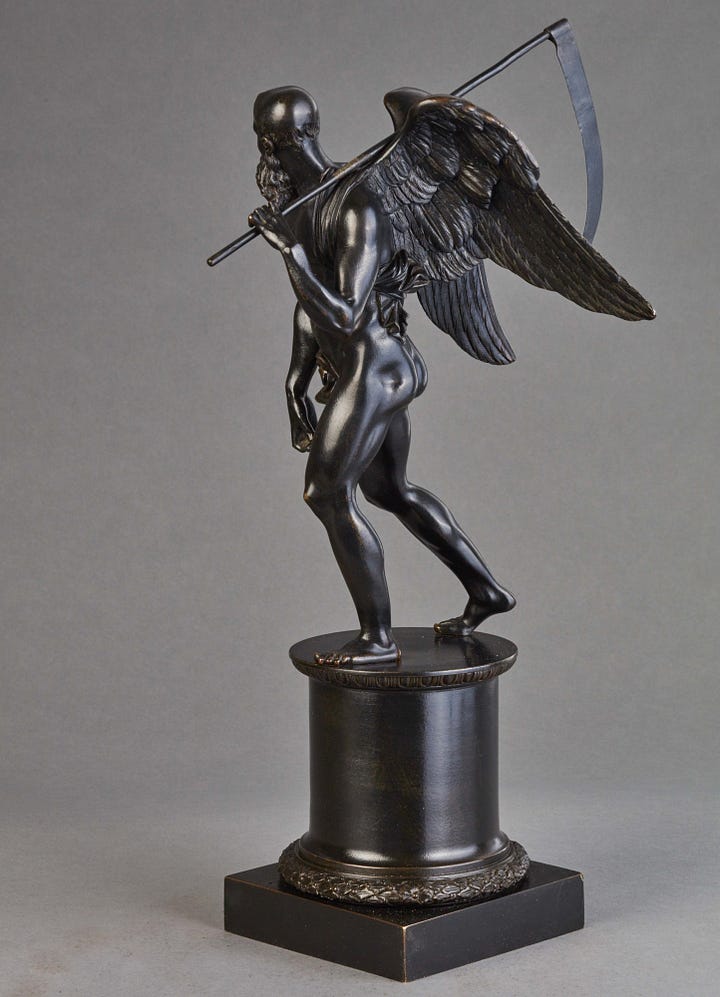
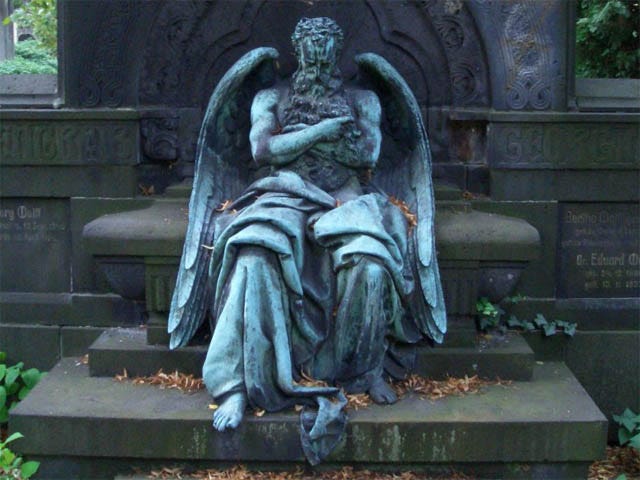

Khronos, the most misnamed God in History
The spoken word has so much power and vocalizing the correct sound will connect you. Misspeaking a name will not work, or backfire. When your name is badly mangled as someone is trying to get your attention in a crowded room, you will not even hear it.

It is easy to confuse the Greek god of time, Chronos (Χρόνος), with Zeus’ Titan father, Kronos (Κρόνος). So easy, in fact, that the conflation has been made for over two thousand years. The Greeks conflated them regularly, at least according to Plutarch. The Romans then coopted Kronos into the form of Saturn, who later became known as Father Time and the god of time.
In 2023 we have the advantage of seeing in real-time history being shadow-banned, censored, and deleted from the Internet in front of our very eyes. From this, we can surmise that a god being pejoratively revaluated to eat children is probably someone on our side!
So, what should we know about this much maligned worshipped deity by some of the smartest minds to ever broach the topic? First and foremost in our historical recognition in 2023, we see Khronos as the Father of other Gods and Time. The question is who exactly is he and how did he come to be?
Approaching the subject as a child would, it would make sense the progenitor of lesser deities would control time, as in my view it is the fourth dimension and the controller of all other dimensions. After all, you can only have points and no lines without Time! In this view, maybe Time was the first cognition!
Khronos Compare and contrast
The majority historic view of the Greek Pantheon comes from Hesiod’s Theogony.
In the beginning there was Chaos, a yawning nothingness. Out of the void emerged Gaia (the Earth) [Gê] and other divine beings — Eros [@erogravity!] (love), the Abyss (part of the underworld), and the Erebus (the unknowable place where death dwells). Without male assistance, Gaia gave birth to Uranus (the Sky), who then fertilized her.
From that union the first Titans were born — six males: Coeus, Crius, Cronus, Hyperion, Iapetus, and Oceanus, and six females: Mnemosyne, Phoebe, Rhea, Theia, Themis, and Tethys. After Cronus (time) was born, Gaia and Uranus decreed no more Titans were to be born.
Cronus castrated his father and threw the severed genitals into the sea, from which arose Aphrodite, goddess of love, beauty and sexuality.
[Author notes: 6 primals, 6 males 6 females]
How material, jealous, and petty. Let us contrast this with Pherekydes of Syros, the teacher of Pythagoras whose was so gargantuan of a philosopher that everything he wrote was all but destroyed. However, we know what was destroyed because all the other greats wrote about what he said!
In the Pentemychos, Heptamychos, he wrote about something like this.
In the beginning of the world he saw as the elements fire, air and water springing from Cronus. Diogenes Laertius quotes the beginning of a book of his: "Zeus and Time and Earth were from all eternity." In this he clearly opposed the primordial chaos of Hesiod, instead to be more in line with a number of presocratic philosophers stating the importance of recognizing something eternal, neither ever born nor ever dying. Those three primary and eternal deities are Zeus, Cronus and Chthonie, and of them it is Cronus who does, by his own seed, produce the three elements fire, breath (air) and water. From the elements a multitude of additional gods are born. Hermias explains the cosmogony of Pherecydes in this manner:
Pherecydes says the principles are Zen and Chthonie and Cronus; Zen is the aither, Chthonie the earth and Cronus is time; the aither is that which acts, the earth is that which is acted upon, time is that in which events come to pass.
Zen is Zeus, by Pherecydes spelled in many differing ways. Says Herodian: "I am not unaware that God is variously spoken of by the ancients. For there is also Dis and Zen and Den and Zas and Zes in Pherecydes according to his own inflection."
Derivated quite largely yet more succinctly on Wikipedia
His [Pherekydes] cosmogony was derived from three divine principles: Zas (Life), Cthonie (Earth), and Chronos (Time).
Pherecydes gives a history of the world that proceeds by rationalizing the Greek pantheon. The king of the gods is not Zeus but Zas ("he who lives"). His father is Chronos ("time") rather than Kronos, from whom water, earth, air and fire spring. The antagonism between father and son seems to have been omitted. Chronos and Zas fight a war against Ophion or Ophioneus ("the snake man"), and Zas celebrates his victory by weaving a robe for Chthonie, who is transformed into Ge ("the surface of the earth").
Both Cicero and Augustine thought that Pherecydes of Syros first taught the immortality of the soul.
Diogenes Laertius writes that some considered Pherecydes to have been the teacher of Pythagoras. He is occasionally counted among the Seven Sages of Greece.
The most influential and complete representation of how Pherecydes thought is however paywalled, and gated at Harvard or ResearchGATE which requires that you must be institutionalized before you can read it!
We need all the books to available to all humanity, but let’s save that fight for another day and add Orphism by [M]Orpheus to the Pherecydes and Hesiod C/C.
According to adherents of Orphism, the creator of the universe is [pro]Phanes — the primordial god whose name means “the light-bringer” or “the shining one”. This deity also comes with many other epithets, such as Protogonos (The First-begotten), and Erikepaios (The Powerful One). This creator god has also been equated with numerous other deities, such as Eros, Pan, and Zeus.
Phanes was hatched from The Cosmic Egg. His emergence caused the Egg to split into two halves, thus creating earth and the sky. After this, The First-begotten went on to create other deities.
Phanes possessed a magic scepter that gave him power to rule the world. This scepter is a major part of the cosmological plot. Namely, he passed it to Nyx, who handed it down to Uranus, who in turn gave it to Cronos, only for him to forward it to his son – Zeus.
Ahh, here we are now getting lots of crossover not only between different Greek Pantheons but also The Bible and Gnosticism.
That is what we most know, that Khronos is almost everywhere, but in different names. How omnipresent of him.
Gnostic Khronos
(I’m about to hit the word limit on this article so for connecting the dots to The Matrix and The Zodiac will require a Part 2 which I did not plan. As in all my writings, I have great desire to just get it out of me.)
Saving the best Khronos for last Khronos I would like to introduce to you to proto-Khronos.
KHRONOS (Chronos) was the primordial god of time. In the Orphic cosmogony he emerged self-formed at the dawn of creation. Khronos was envisaged as an incorporeal god, serpentine in form, with three heads--that of a man, a bull, and a lion. He and his consort, the serpentine goddess Ananke (Inevitability), enveloped the primordial world-egg in their coils and split it apart to form the ordered universe of earth, sea and sky. After this act of creation the couple circled the cosmos driving the rotation of heaven and the eternal passage of time.
The figure of Khronos was essentially a cosmological double of the Titan Kronos (Cronus) ("Father Time"). The Orphics sometimes merged Khronos with the creator-god Phanes, and also equated him with the Titan Ophion. His equivalent in the Phoenician cosmogony was probably Olam (Eternal Time) whose name is written Oulomos in Greek transcripts.
Khronos was depicted in Greco-Roman mosaic as Aion (Aeon), eternity personified. He
holds a wheel[author] inscribed with the signs of the zodiac and Gaia (Mother Earth) usually reclines at his feet. The poet Nonnus describes Aion as an old man with long, white hair and a beard but mosaic-art presents a youthful figure.
Except he is not holding a wheel, he is holding a Möbius strip!
In my explanation of time earlier a mobius strip means only one edge and only 2D means the first dimensional iteration of time, looped.
In this strip he surrounds himself with symbols of beasts aka The Zodiac, which if we were feeling liberal, we might could even say that would be the definition of a beast system couldn’t we?
I’ve got one more surprise before I am forced to wrap this up, the connection. The name for this Khronos is also Æon, Aeon, Aion.
To Be Continued…
DUNE prequels, Legends of Dune
“Of Religion. The [Artificial Intelligence] Machines [and with them the hybridized “Titans” named after Greek Gods who have brutally enslaved humanity] are very powerful, and it will take more than a mere political or social uprising to defeat them. The people must coalesce around a powerful idea that goes even deeper, into the very essence of what it means to be human. “
— Cogitor Eklo, a millennia old Ancient Philosopher transferred to a brain canister in order to ponder eternity inside the City Of Introspection
